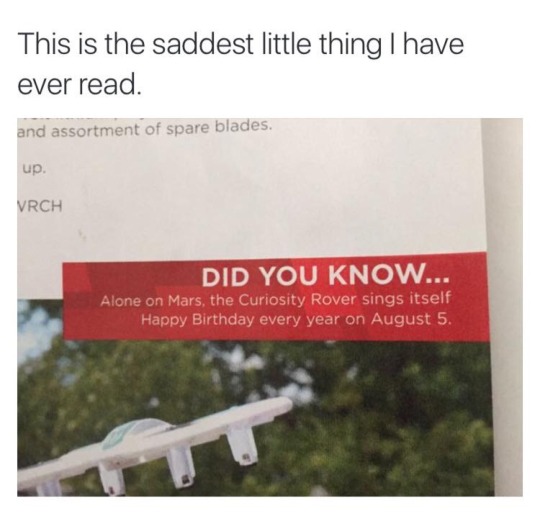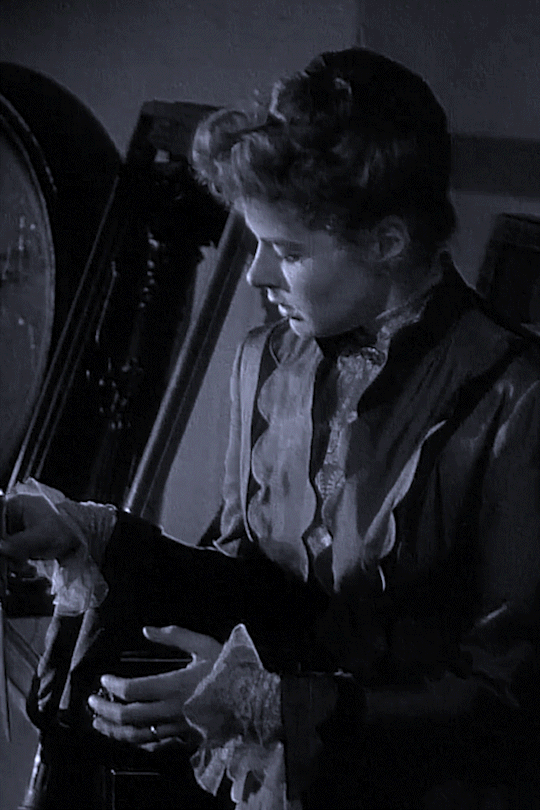BFA (Cinema Screenwriting) || [adult]I tried to do something here and gave up so now just enjoy whatever random shit I reblog.
Don't wanna be here? Send us removal request.
Text








Sierra Madre Oriental: Geological Pink Tales, Nydia Lilian, 2024-2025
342 notes
·
View notes
Text
Made awkward eye contact with an Osprey flying overhead today


11K notes
·
View notes
Text
I love birdwatchers they’re like “I just saw my ALL TIME FAVORITE BIRD SPECIES! I’ve always dreamed of seeing one in the wild! I am ECSTATIC!” and it’s the most boring looking little brown bird you’ve ever seen.
49K notes
·
View notes
Photo

Send me to Mars with party supplies before next august 5th
667K notes
·
View notes
Text
Update: I finished it 🥰
I was so motivated to post screenwriting blog posts on here and I have them all ready and outlined then all the sudden… bang… I’m 50 pages into a feature.
Boy, do I hope I finish it…
3 notes
·
View notes
Text
How to Write on Final Draft (without it feeling so daunting)
It's incredibly difficult to open up a Final Draft document without feeling like you're literally writing your final draft, so here's a few features you can use your advantage!
1. Turn on dark mode
Dark mode makes it look like less of a script and more of an outline. Edit and rewrite in light mode, you will feel the difference.
2. Use speed view
Speed view gets rid of pages and page numbers and therefore you are only looking at the words you type.
3. Use focus mode
Focus mode removes the scenes, page numbers, and outlines you have at the top on the program while writing. Another way to forget about focusing on progress.
4. Make a messy beat board
Throw all your ideas onto the beat board, it should help make the document feel a bit more lived-in and less pristine.
Bonus:
5. Set a template with your formatting and use that to start every script you write
While a script format is very ridged, there are things you can do to personalize it. When you find those things, make them in a Final Draft doc (without actual writing) and save as your own template so you don't have to change all the elements every time.
#ronni august#ronni's writing tips#final draft#writing#writing tips#screenwriter#screenwriting#writing inspiration#writing ideas#writing inspo#writing advice#writing help#writing resources#how to write#writing tools#fiction writing#screenplay#writing motivation#writers of tumblr#♤ronniaugustwriting♤#196#r/196#r196
643 notes
·
View notes
Text
I was so motivated to post screenwriting blog posts on here and I have them all ready and outlined then all the sudden… bang… I’m 50 pages into a feature.
Boy, do I hope I finish it…
3 notes
·
View notes
Text




Ingrid Bergman in Gaslight (1944) dir. George Cukor (2/?)
#Ingrid bergman#George cukor#film#classic Hollywood#old movies#cinema#films#old films#Hollywood#old Hollywood#acting#classic cinema#movie gifs#film gifs#196#r/196
7 notes
·
View notes
Text
The fight between being an Ingrid Bergman fan acc and exclusively posting screenwriting guides is a fight well faught
(i still don’t know maybe i’ll alternate ❤️)
0 notes














